
Action Learning in Action
Transforming Problems and People for World-Class
Read or listen offline
Amazon KindleRecommendation
Action learning has been around since the 1930s, but it can be used to improve organizations today. Michael J. Marquardt shows how. Basically, four to eight people work together to solve a problem, reflect on what they learn as they proceed and then implement their solution. Marquardt offers a clear step-by-step process and a few case histories. His focus on the original methodology may be a little heavy, but he aims to distinguish action-learning groups from multi-problem-oriented teams and work groups. The book is well organized, but if you already know about team building, leadership development and learning organizations, you’ll be walking on familiar ground. That’s why getAbstract recommends this book either to those who are so immersed in group learning that they find new nuance in everything in the field, or to those who are fresh to the subject, who will benefit particularly from the helpful charts, lists and illustrations.
Summary
About the Author
Michael J. Marquardt , Ed.D., professor of human resource development at George Washington University, is president of Global Learning Associates. He has worked as a consultant for nearly 30 years, with clients such as Marriott, the Peace Corps, Arthur Andersen, Singapore Airlines and the governments of Indonesia and Jamaica. He is the author of numerous management and organizational development articles and books, including Building the Learning Organization.








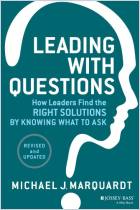
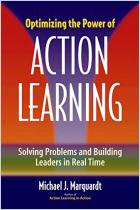

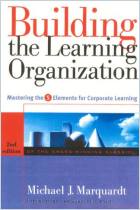
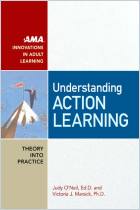
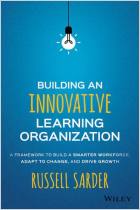
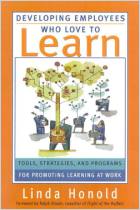
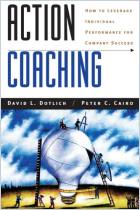
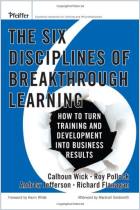
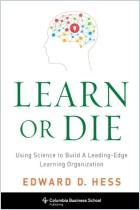



Comment on this summary